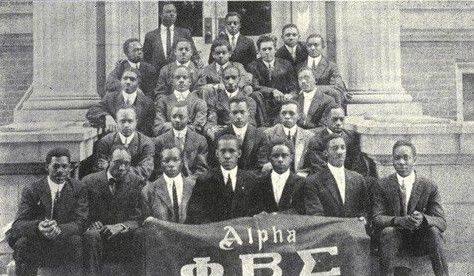About

Phi Beta Sigma Fraternity was founded at Howard University in Washington, D.C., in 1914. The three founders, A. Langston Taylor, Leonard F. Morse, and Charles I. Brown, were all students at the university and had a vision of creating a brotherhood that would promote academic achievement, community service, and social justice. They recognized that African American men faced many challenges in American society and that a fraternity could provide support and encouragement to overcome these challenges.
The early years of Phi Beta Sigma were marked by rapid growth and expansion. The fraternity established chapters at other historically black colleges and universities, including Virginia Union University, Fisk University, and Morehouse College. By the 1930s, Phi Beta Sigma had become one of the largest and most influential fraternities in the United States.
The early years of Phi Beta Sigma were marked by rapid growth and expansion. The fraternity established chapters at other historically black colleges and universities, including Virginia Union University, Fisk University, and Morehouse College. By the 1930s, Phi Beta Sigma had become one of the largest and most influential fraternities in the United States.